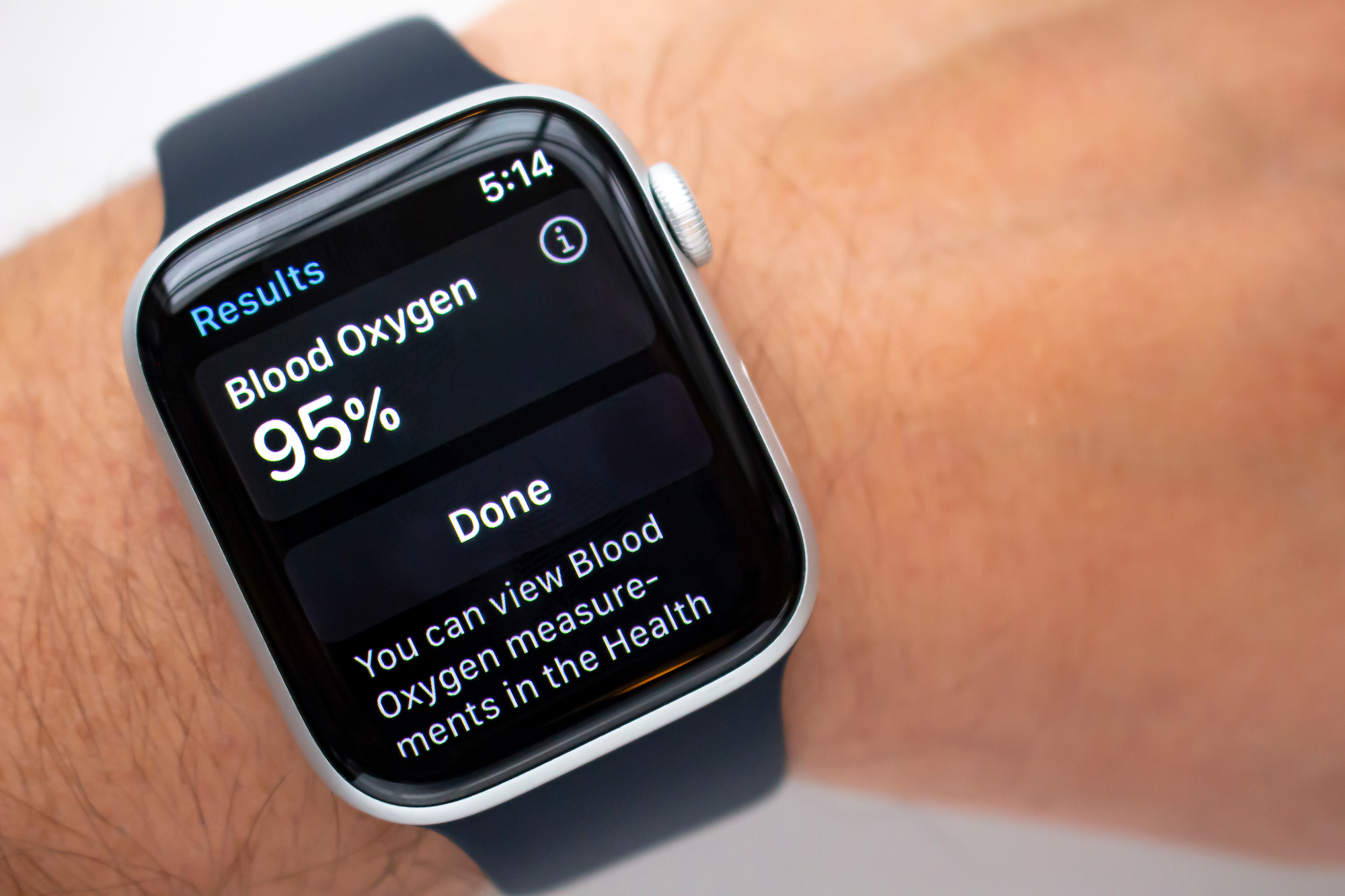
Your Apple Watch may be able to predict a COVID-19 diagnosis up to a week before the onset of symptoms or a positive test, according to a peer-reviewed medical study.
In January, two studies found that Apple Watch and other wearables could possibly detect a COVID-19 infection based on the heart rate data collection. Now, Mount Sinai's “Warrior Watch Study” has been published in the peer-reviewed Journal of Medical Internet Research, giving its findings even more weight.
- Apple Watch 7: Release date, leaks and more
- How to use the Apple Watch
- Plus: Forget Apple Watch 7 — Fitbit users can now track blood glucose levels
The Mount Sinai study enlisted nearly 300 healthcare workers to wear an Apple Watch and use an app to monitor their health for five months (April to September). The participants were also asked to fill out a daily survey about potential COVID-19 symptoms and other factors such as stress.
The researchers analyzed heart rate variability (HRV), or the interval between heartbeats, which is in indicator of how well your immune system is working. That data information was combined with other reported symptoms associated with COVID-19, including fever, aches, dry cough, gastrointestinal issues, and loss of taste and smell.
The study found that the Apple Watch could detect "subtle changes in an individual’s heartbeat” up to seven days before the onset of COVID-19 symptoms or a positive test.
One of the study's authors, Rob Hirten, assistant professor of medicine at the Icahn School of Medicine at Mount Sinai, told CBS MoneyWatch, "we already knew that heart rate variability markers change as inflammation develops in the body, and Covid is an incredibly inflammatory event. It allows us to predict that people are infected before they know it."
Hirten and the other authors note that using an Apple Watch to monitor health could help the spread of COVID-19. It could be a way to identify people who should isolate themselves, without doing a nasal swab test.
Sign up to get the BEST of Tom's Guide direct to your inbox.
Get instant access to breaking news, the hottest reviews, great deals and helpful tips.
"Right now, we rely on people saying they're sick and not feeling well, but wearing an Apple Watch doesn't require any active user input and can identify people who might be asymptomatic," Hirten said. "It's a way to better control infectious diseases."
Mount Sinai's study is still ongoing and will also use Apple Watch data to examine the impacts of COVID-19 on healthcare workers, such as how sleep and physical activity relate to the disease.
- The best Apple Watch deals right now

Kelly is the managing editor of streaming for Tom’s Guide, so basically, she watches TV for a living. Previously, she was a freelance entertainment writer for Yahoo, Vulture, TV Guide and other outlets. When she’s not watching TV and movies for work, she’s watching them for fun, seeing live music, writing songs, knitting and gardening.
